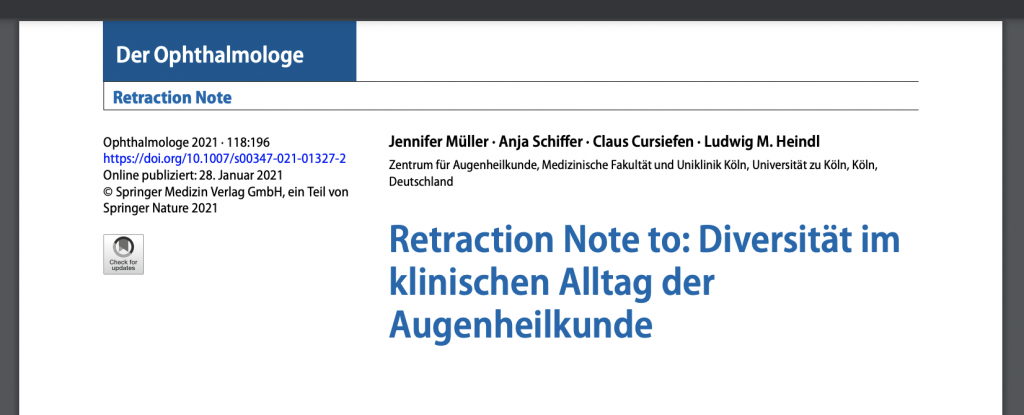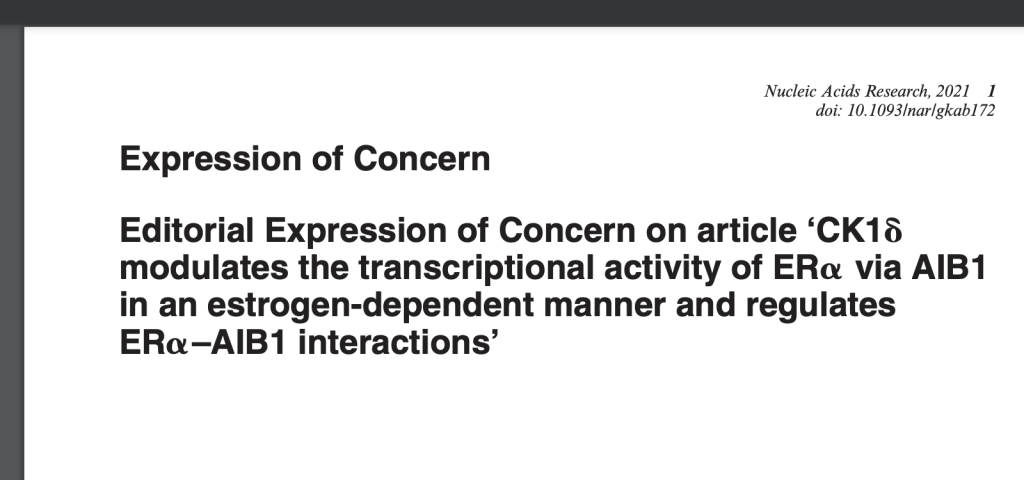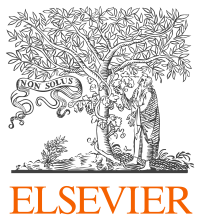
Researchers in Iran have lost their 2019 paper on nanofluids after the journal learned that their list of authors included an engineer at the University of Texas who had nothing to do with the work.
The article, “Numerical study on free convection in a U-shaped CuO/water nanofluid-filled cavity with different aspect ratios using double-MRT lattice Boltzmann,” was published in Thermal Science and Engineering Progress, an Elsevier journal. The first author was Ahmad Fard, of the Faculty of Aerospace Engineering at K.N. Toosi University of Technology, in Tehran.
Batting cleanup was David Ross, whose affiliation is given as the University of Texas at Austin. A David Ross — no, not the Cubs manager and former Major League Baseball catcher — was on the faculty of UT from 1966 until his retirement in 2003.
Continue reading Author, Author! Or perhaps we should say Fake Author, Fake Author!







